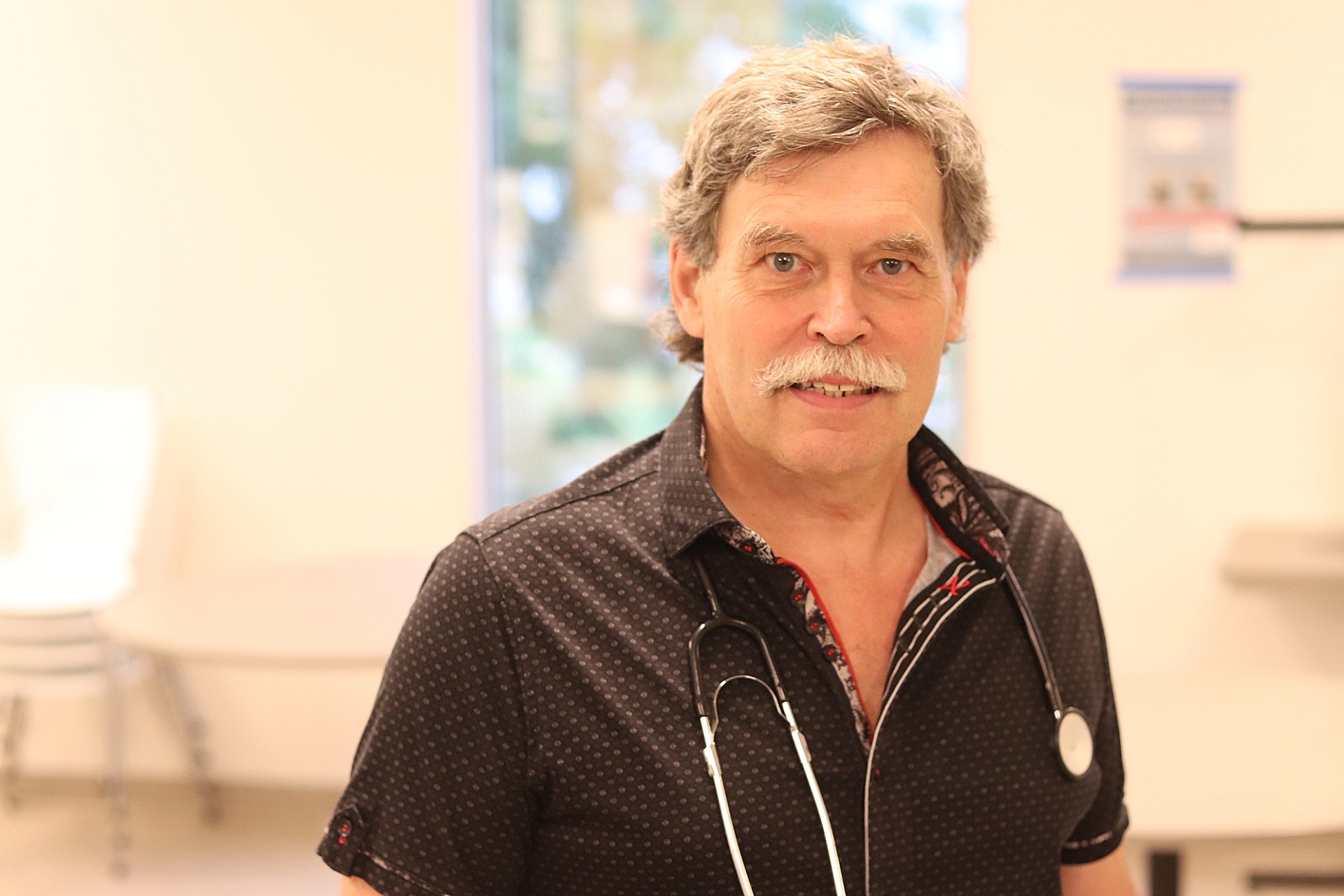Promising COVID-19 therapeutic drug to start phase 3 clinical trial in the United States
Recruitment of first US-based patients in Dapsone trial has started.
A phase 3 clinical trial of dapsone has been launched the United States, under the supervision of Dr. Jean Bourbeau, senior scientist in the Translational Research in Respiratory Diseases Program at the Research Institute of the McGill University Health Centre (RI-MUHC) and director of the McConnell Centre for Innovative Medicine.
Dapsone is an existing FDA- and Health Canada-approved anti-inflammatory drug that has been shown to prevent and treat acute respiratory distress syndrome (ARDS) due to SARS-CoV-2 infection as well as reduce mortality from 40 percent to 0 percent in a small, randomized clinical trial. The drug was previously used to treat infectious diseases, including malaria, lupus, human immunodeficiency virus (HIV) and pneumocystis pneumonia. In the current trial, PULM-001 – a repurposed and reformulated version of dapsone developed by Pulmonem, a Canadian start-up company – will be tested.
“The potential of PULM-001 is exciting and important. Here is a therapy based on a safe and very affordable existing drug that could save vulnerable lives, prevent the overwhelming of healthcare capacities and resources, and provide viable support for a safe return to normal activity,” says Dr. Bourbeau, who is also a respirologist at the MUHC and professor of medicine at McGill University.
The phase 3 clinical trial is a multicentre, randomized, triple-blind, placebo-controlled (RCT) study to evaluate the efficacy and safety of the drug in older adults and/or in adult patients (≥ 40 years of age) with at least one high-risk comorbidity, among those with confirmed SARS-CoV-2 infection. It will take place in North Carolina, Washington and Idaho under the sponsorship of Peters Medical Research and Principal Research Solutions.
The McGill University Health Centre Foundation is a major financial partner and current lead investor in the project. More financing is required by early 2022 to complete this clinical trial.


